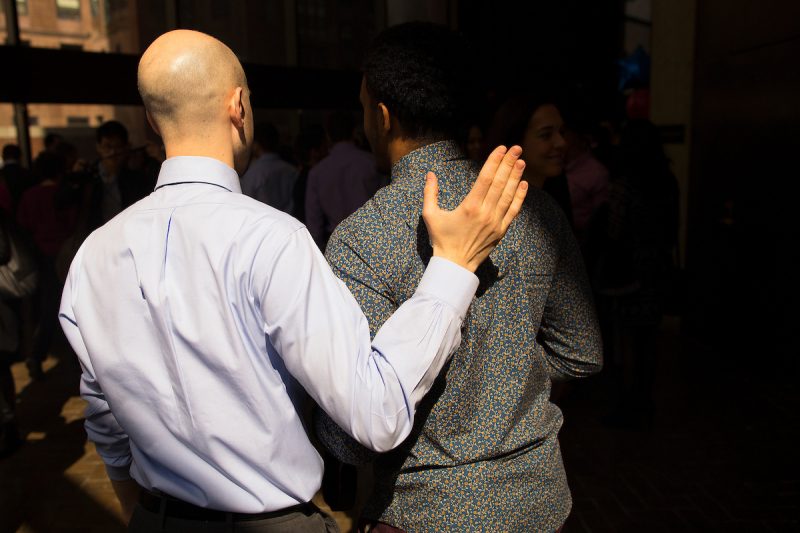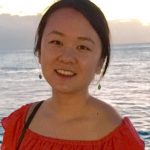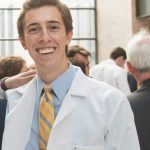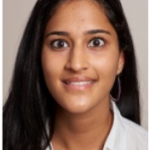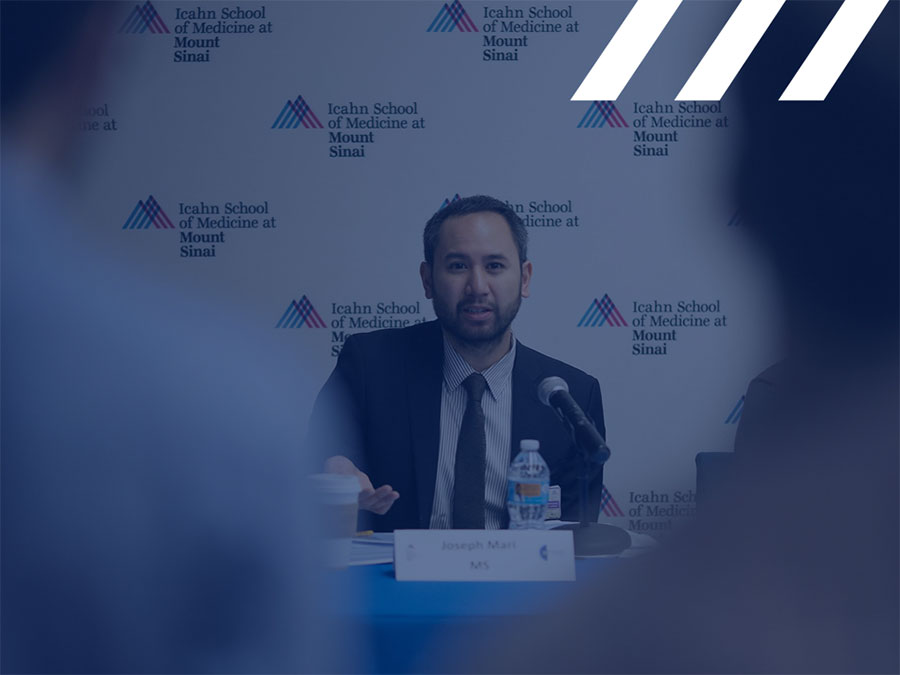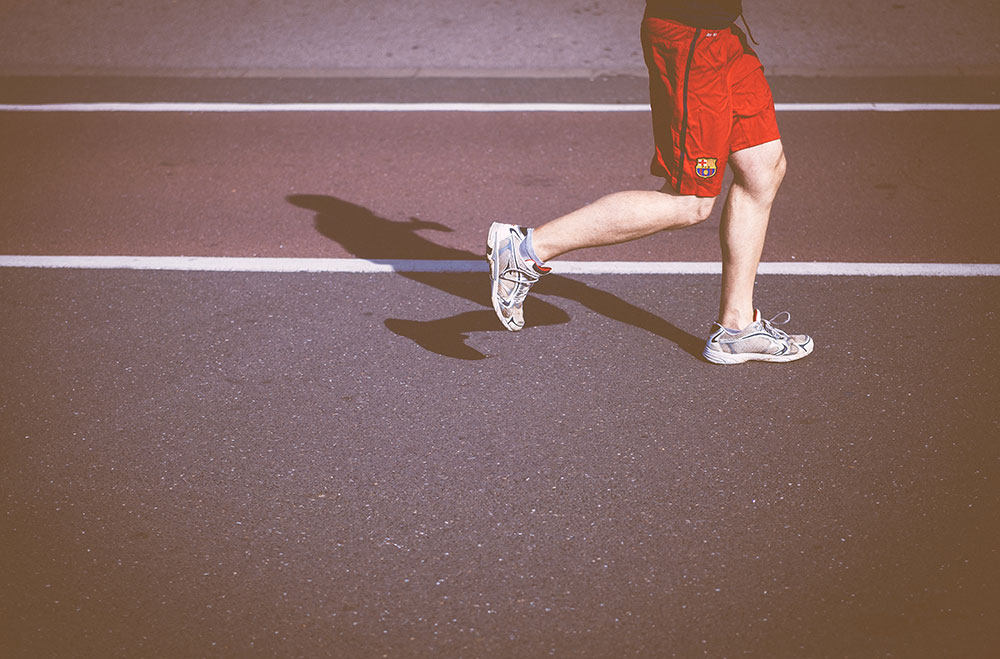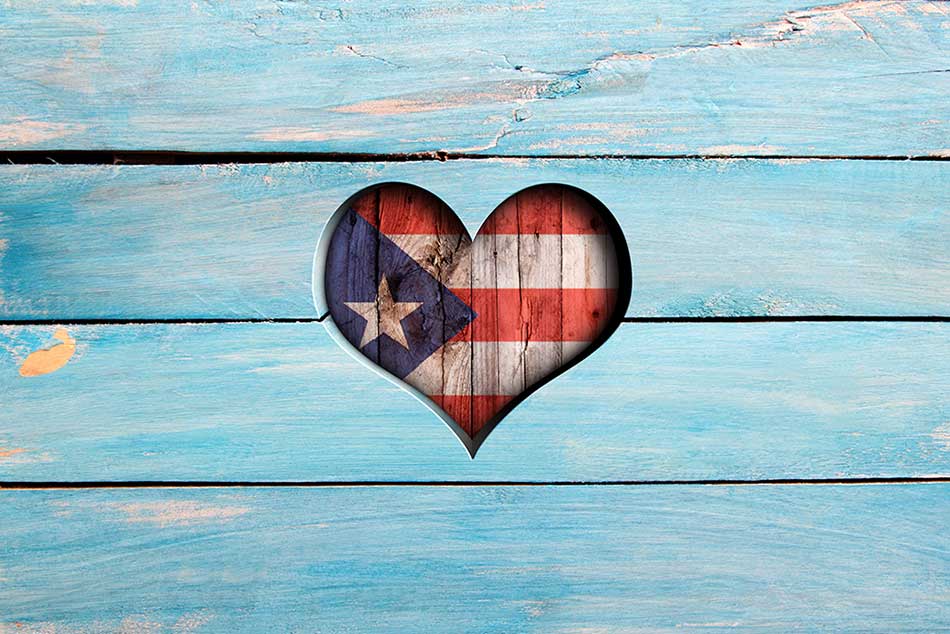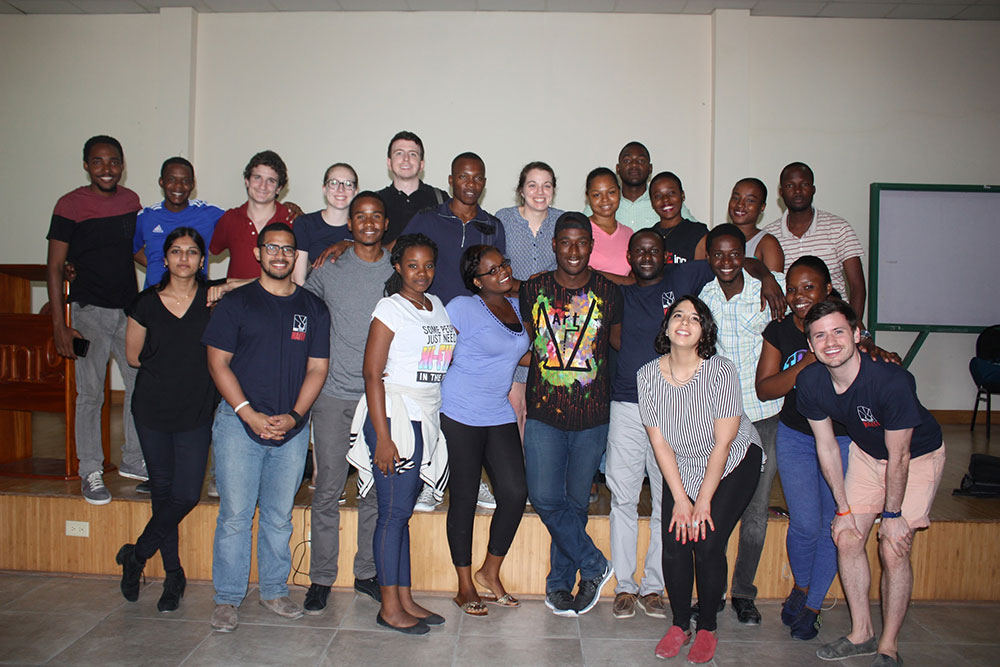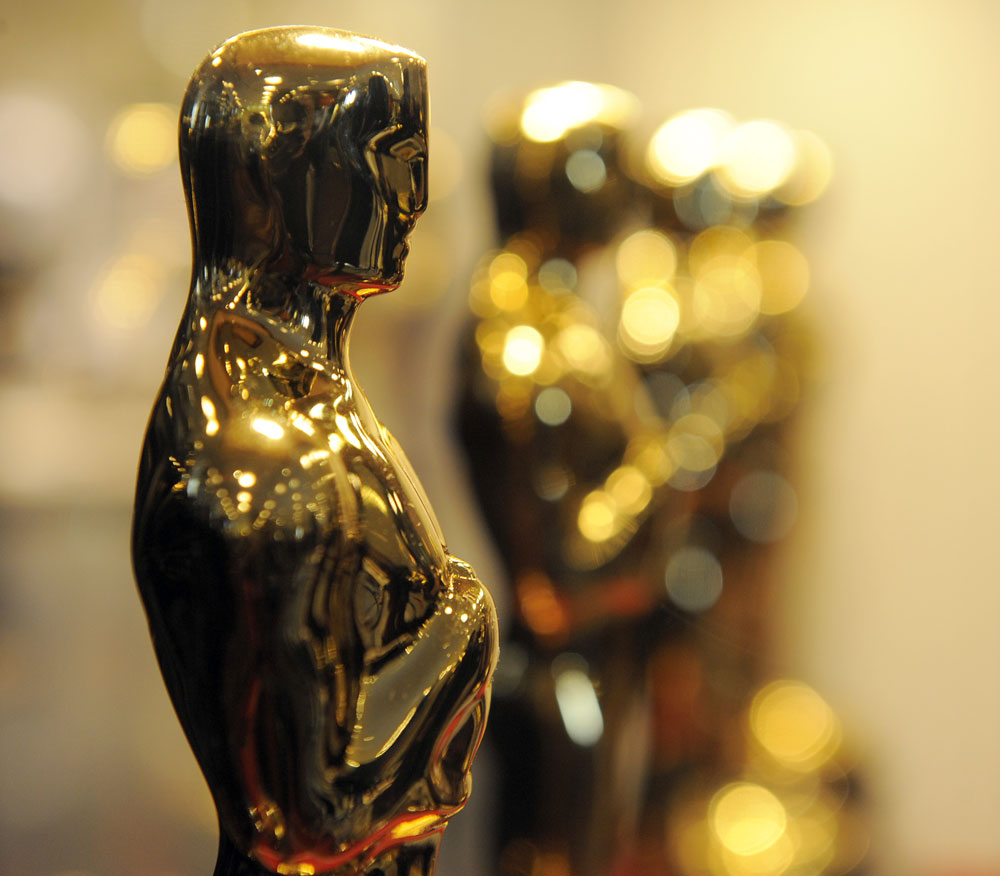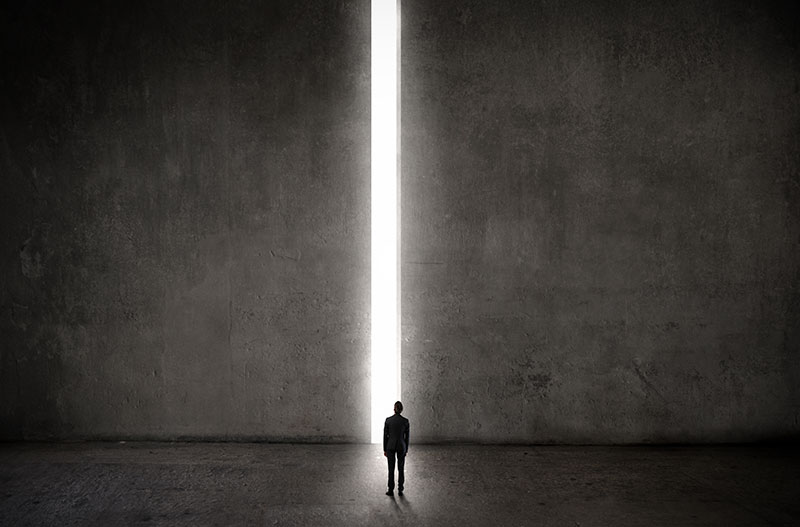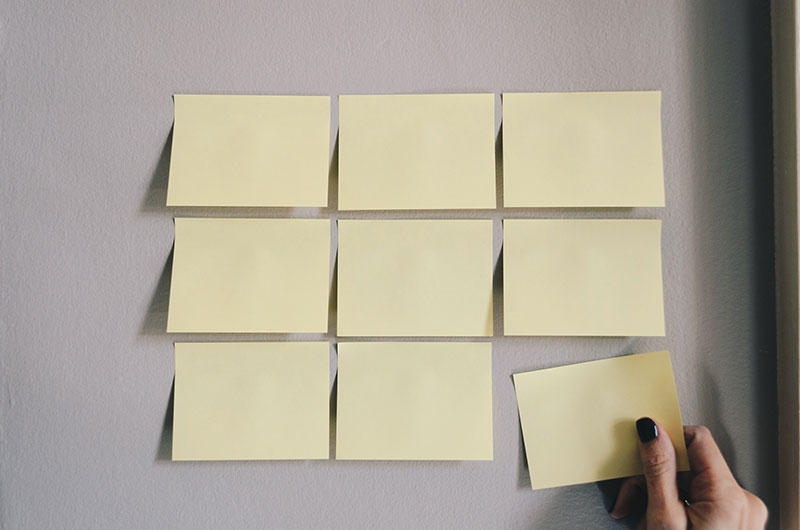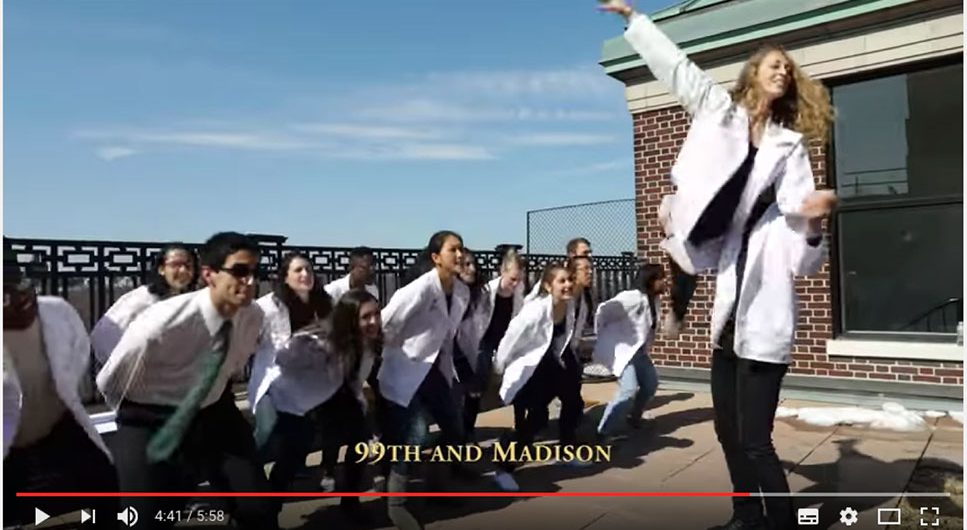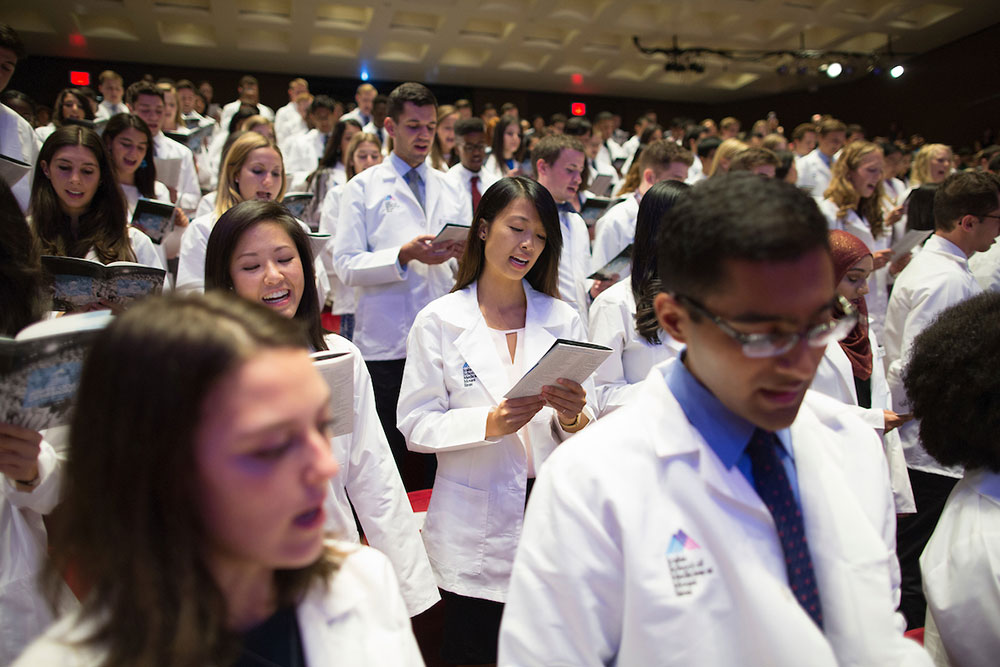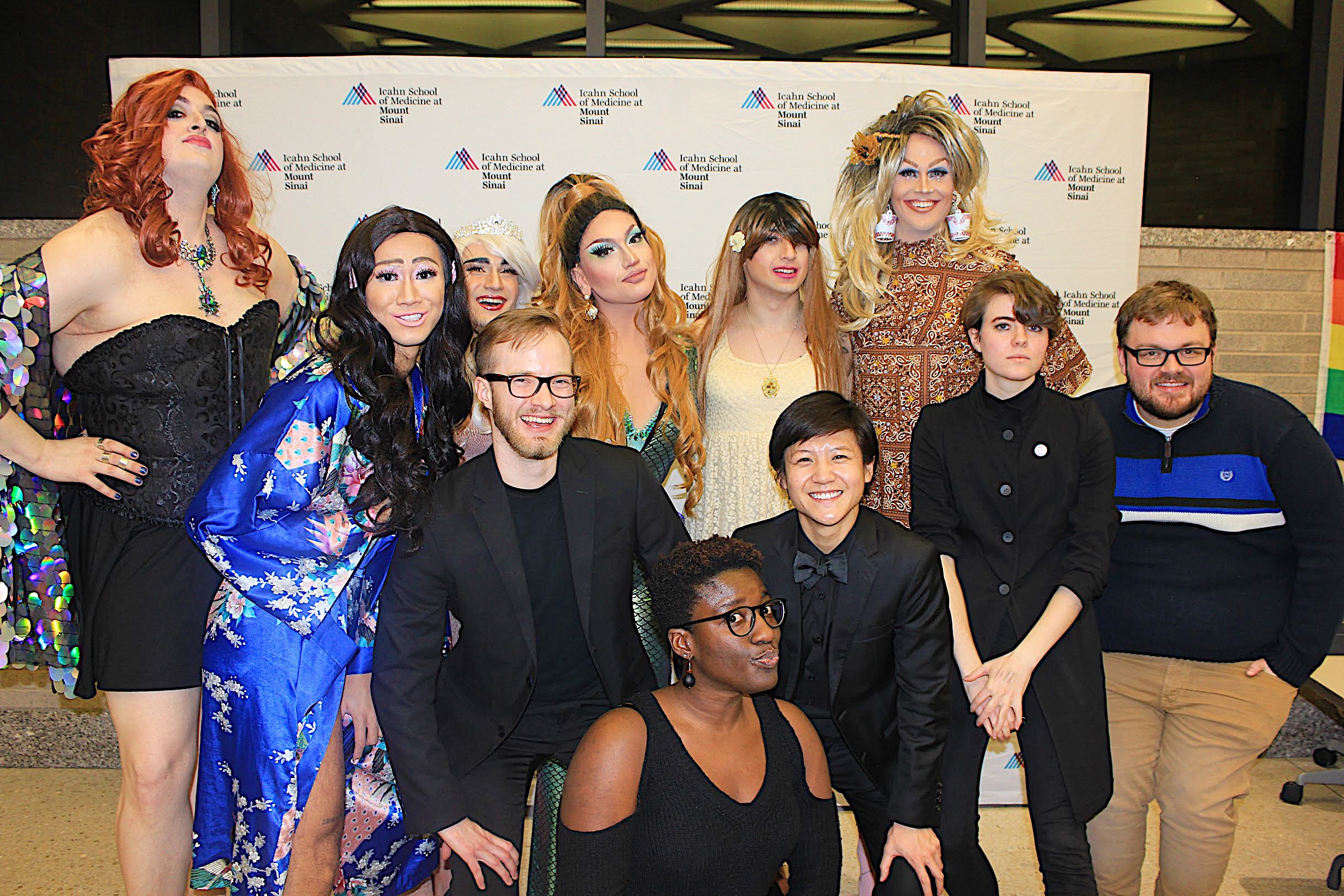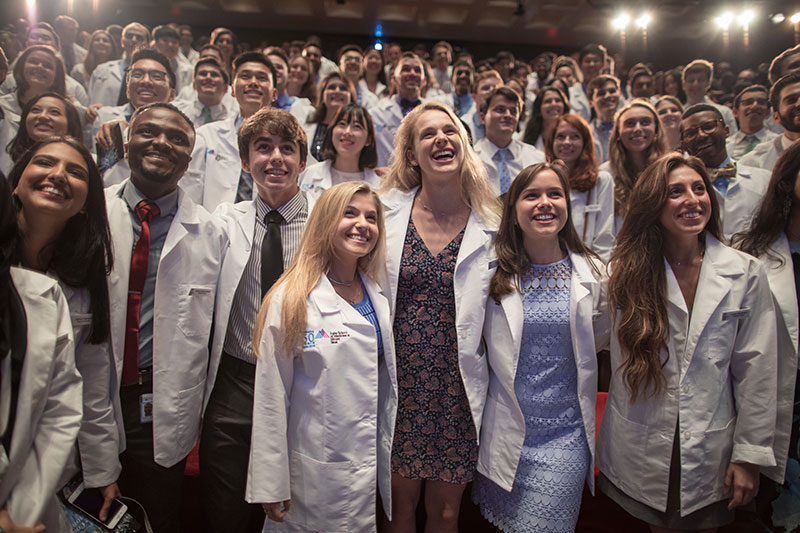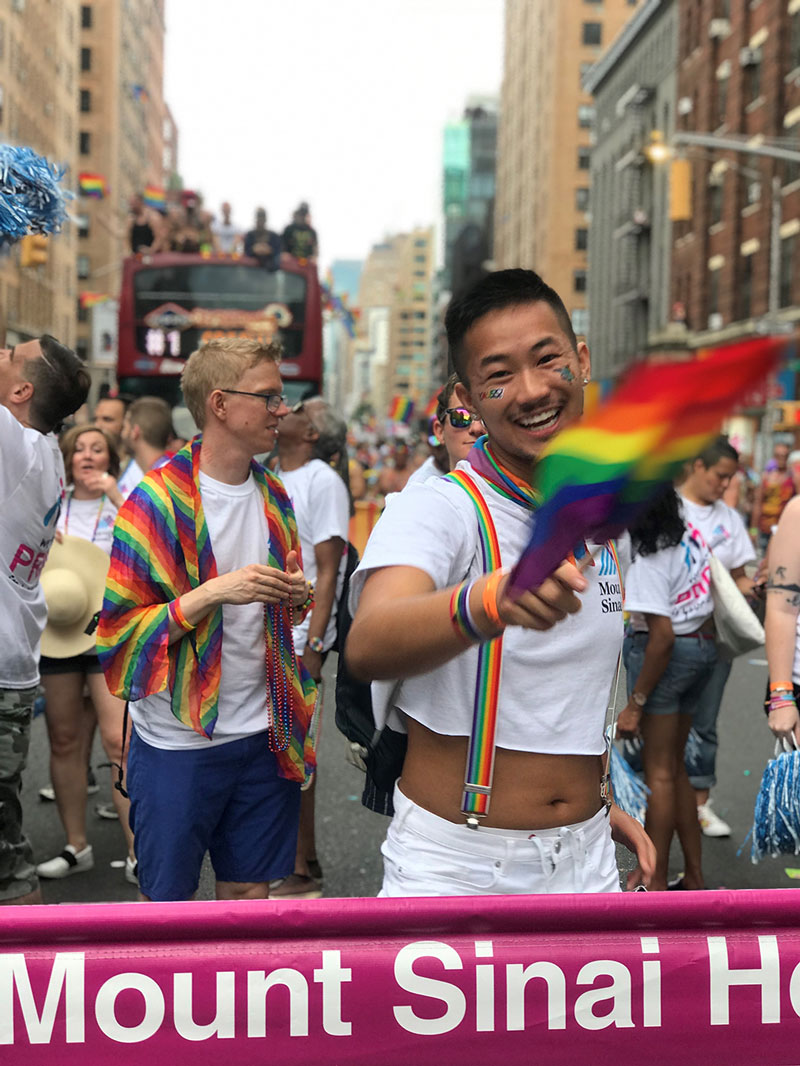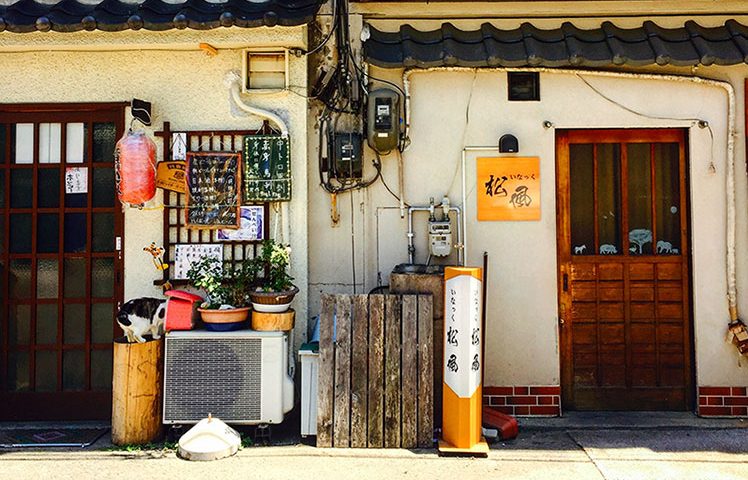In his farewell address, Former President Barack Obama said that, “For all of our outward differences, we, in fact, all share the proud title, the most important office in a democracy: Citizen.” He went on to add that our form of self-government needs engaged citizens who do not take their democracy for granted.
As medical students, it’s easy to get caught up in the many responsibilities of medical training—studying, shadowing, volunteering, and living life—and forget about our responsibilities as citizens. Our group, Sinai Students for Civic Engagement (SS4CE), hopes to supplement our medical education with a civic education because we believe our practice as future physicians will always be tied to our practice as citizens.
We initially formed SS4CE last fall as a way for us to work through our own conflicts balancing medical school with civic engagement. We all bonded over feeling frustrated and powerless in the midst of a divisive and hurtful presidential election season, and we wanted to take a more active role in learning about the issues at stake and fighting for the issues about which we were passionate
Our first action was a voter registration drive on campus. Standing outside of Aron Hall, our medical school dormitory, we registered folks to vote in New York and shared information about absentee ballots. We were able to register about 30 people, and in the process, we realized that many of our classmates were very interested in being politically involved, but just didn’t have the time to sift through the vast amount of information about voting and politics or many of the experiences and resources to organize around issues.
Our mission with SS4CE then evolved to focus on reducing the barriers to political engagement for medical students. We organized a viewing party with free food (essential for any successful medical school event) and fact sheets for the third presidential debate, and we sent students on a canvassing trip to Philadelphia the week before the election to build in opportunities for medical students to stay informed and be involved. In the final days preceding the election, we sent out reminders to vote with information about how to find polling stations and mail last-minute absentee ballots.
Though we personally hoped for a Clinton victory, we did not and, do not, see our work of engaging students as citizens as partisan. It is most important to us that our community is engaged in the democratic process, regardless of who they support, and we continue to organize our group around that belief.
Of course, election night didn’t go quite as we expected. The next morning we all woke up and asked ourselves two questions: What happened? And, what can we do?

Sinai Students for Civic Engagement in action: Supporting the Women’s March on January 21 in Washington, DC immediately following the 2017 Inauguration.
While we wish that we could tell you we’ve answered these questions, we are still very much working through them. One thing we did realize is that none of us could return to the normal rhythms of medical school. If anything good came from the divisive election, it’s a reminder of the importance of becoming involved.
Since the election, we have worked with the New York branch of the American Civil Liberties Union to organize a series of workshops on campus to build community organizing skills in medical students, and we organized Icahn School of Medicine students to travel to the Inauguration and the Women’s March in Washington, DC. We will continue to work with and support other student groups that have been long-standing advocates for social justice to create a plan for sustained action in the future.
We’re excited to see where our work takes us in the coming months and are committed to creating spaces where students can learn about and engage with our democracy. We believe that, as medical students, we have unique perspectives on many of the structures that make up our democracy. We are also privileged to have the opportunity to work for many of the people who are most endangered by disengagement and complacency.
Most of this work is neither easy nor glamorous. But, at the end of the day, it is simple. We need to help more medical students choose to get off the sidelines, become engaged, and take up the most important office in our land: Citizen.
ABOUT THE AUTHORS
Lillian Jin is a second-year medical student and graduated from Columbia University in 2013. Previously, she worked at Baylor International Pediatric AIDS Initiative in Lesotho as a Princeton in Africa Fellow and completed her MPH at University College Dublin as a Mitchell Scholar.
James Blum is a first-year medical student and graduated from Brown University in 2014. He spent the last two years working for Congresswoman Louise M. Slaughter in Washington, D.C.
Zainab Ahmed is a second-year medical student and graduated with a major in History from Brown University in 2015.

